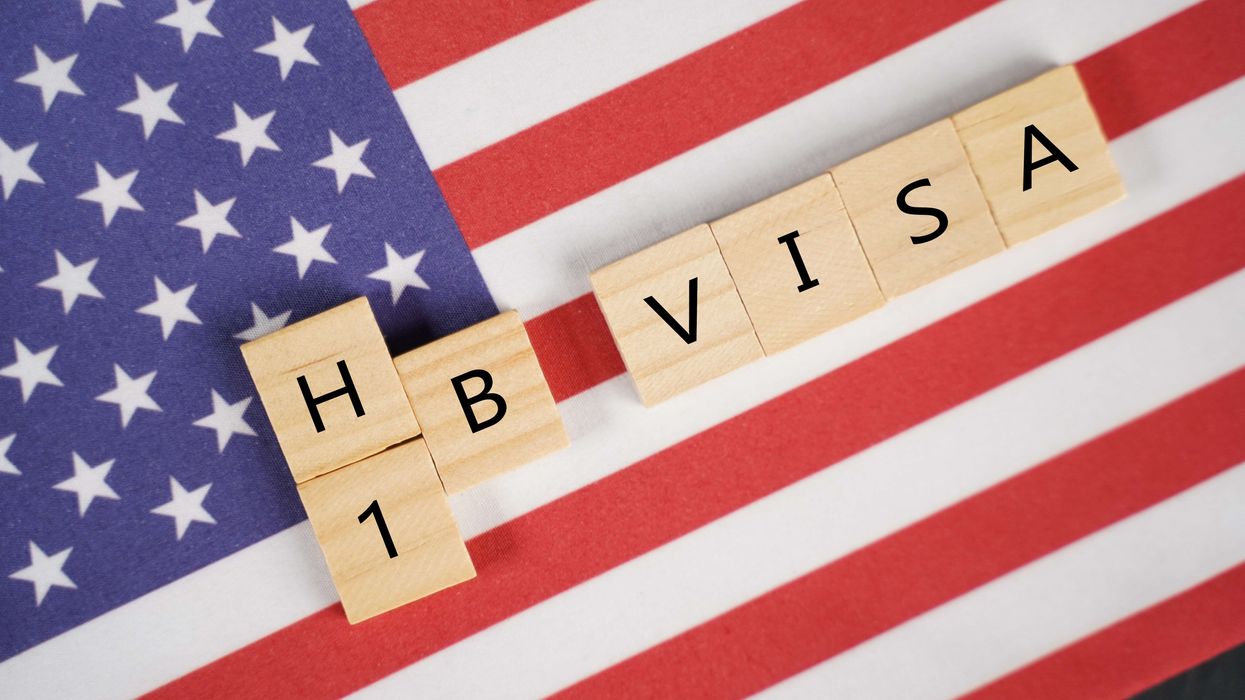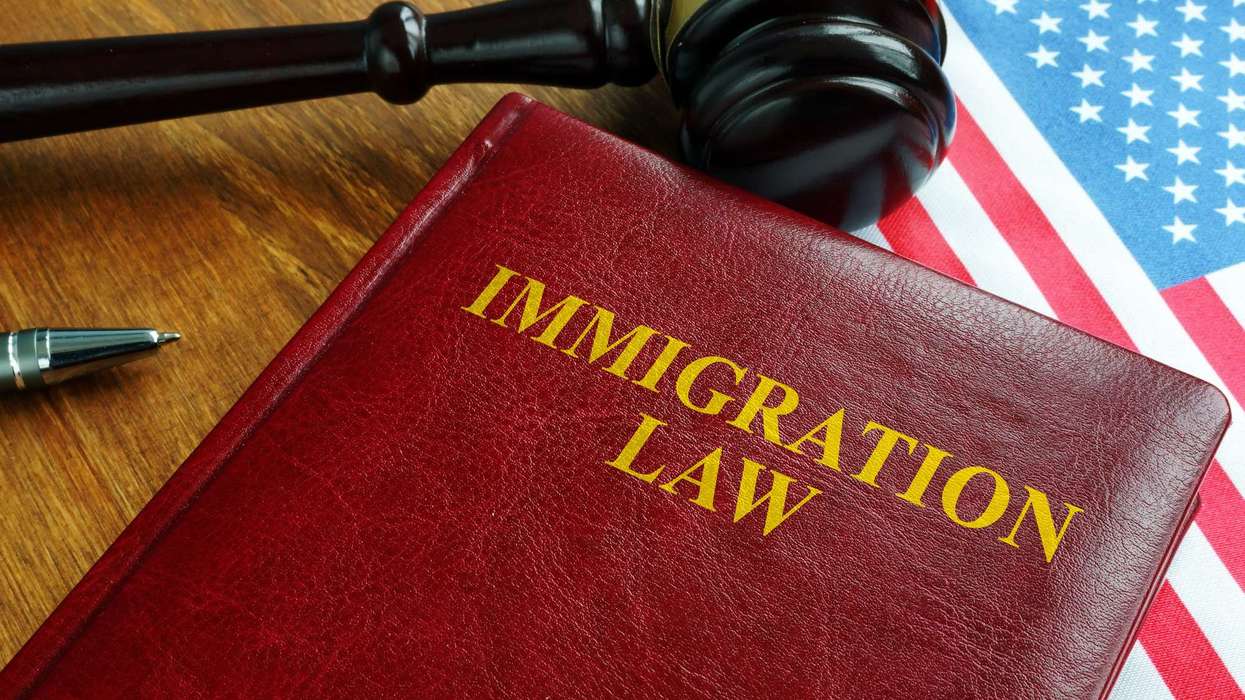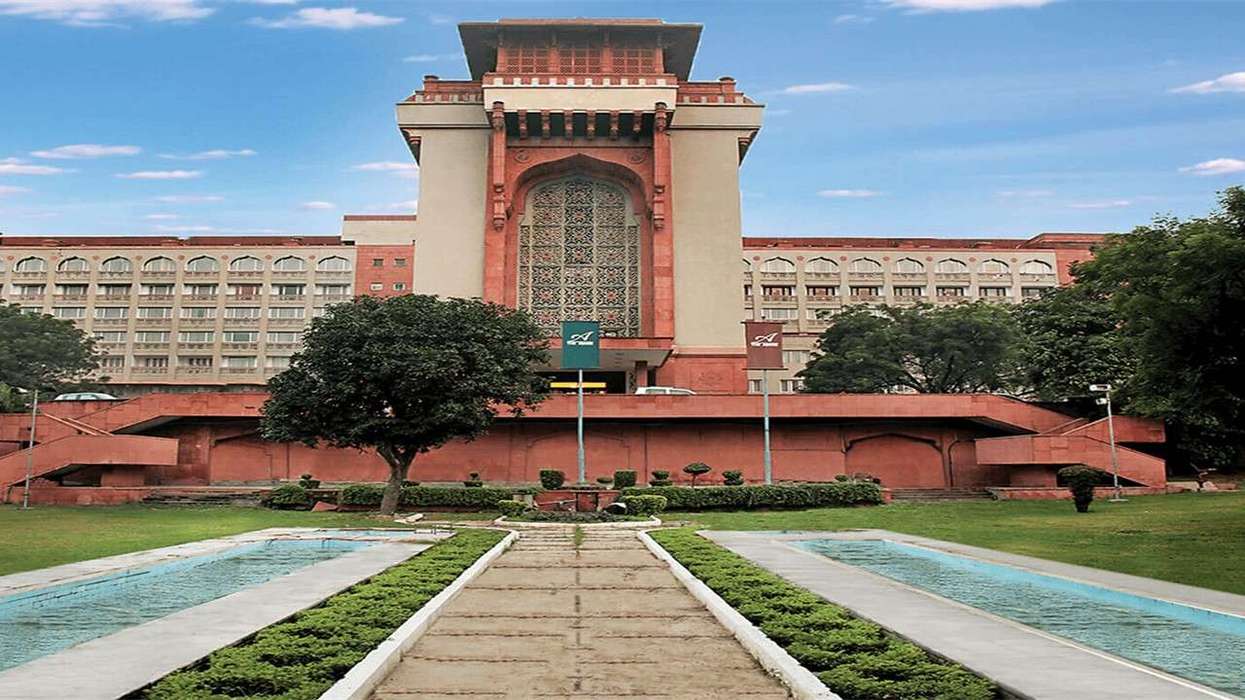Summary:
- The Trump administration moved to tighten H-1B rules after a $100,000 fee in September.
- DHS plans reforms on cap exemptions, employer compliance and third-party placements.
- Indian professionals, who hold about 70 percent of H-1B visas, could be affected.
THE TRUMP ADMINISTRATION is reportedly advancing new H-1B visa reforms through the Department of Homeland Security after imposing a $100,000 annual filing fee. The proposal aims to change how U.S. employers hire foreign workers.
The reforms, listed in the Federal Register as “Reforming the H-1B Nonimmigrant Visa Classification Program,” will revise cap exemption eligibility, increase scrutiny on employers with past violations and tighten oversight of third-party placements, India Weekly reported, citing DHS. The proposal aims to strengthen H-1B program integrity and protect U.S. workers' wages and conditions.
DHS proposed changes affecting employment-based immigrant categories in addition to H-1B reforms, IW reported. The rule seeks to update provisions for individuals of extraordinary ability, outstanding professors and researchers and national interest waiver classifications and clarify evidentiary requirements to ensure only qualified individuals benefit.
Indian nationals, who make up the 70 percent of H-1B holders, are expected to face setbacks under the new policy, according to IW. The fee and tighter compliance standards may reduce hiring, especially from outsourcing and mid-sized firms.
Proposed H-1B reforms
DHS plans to narrow exemptions from the annual H-1B visa cap, affecting universities, nonprofit research bodies and some health care and government organizations that currently qualify, Newsweek reported. The agency also intends to expand oversight of companies previously found in violation of wage or labor rules, meaning employers with compliance issues may face additional scrutiny before reapplying for visas.
Supervision also will be tightened for firms that place H-1B workers at client sites, a common practice in technology and consulting sectors, according to Newsweek. The proposal would restrict the use of other visa categories, including O-1 visas for individuals of extraordinary ability and National Interest Waivers, often used as alternatives to H-1B visas.
DHS plans to clarify the definition of “specialty occupation,” stating that while a job may accept a range of degree fields, each must be directly related to the duties of the position. This language mirrors a 2020 Trump-era standard of a “directly related specific specialty,” replacing the 2024 Biden-era version that allowed a “logical connection.”
The U.S. Travel Association warned that a government shutdown could cost the travel economy $1 billion a week$1 billion a week, disrupting federal agencies including the Transportation Security Administration, CEO Geoff Freeman wrote in a Sept. 25 letter to Congress.






